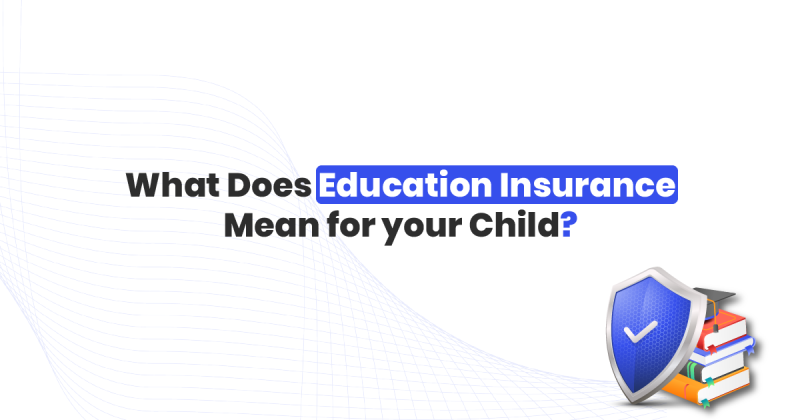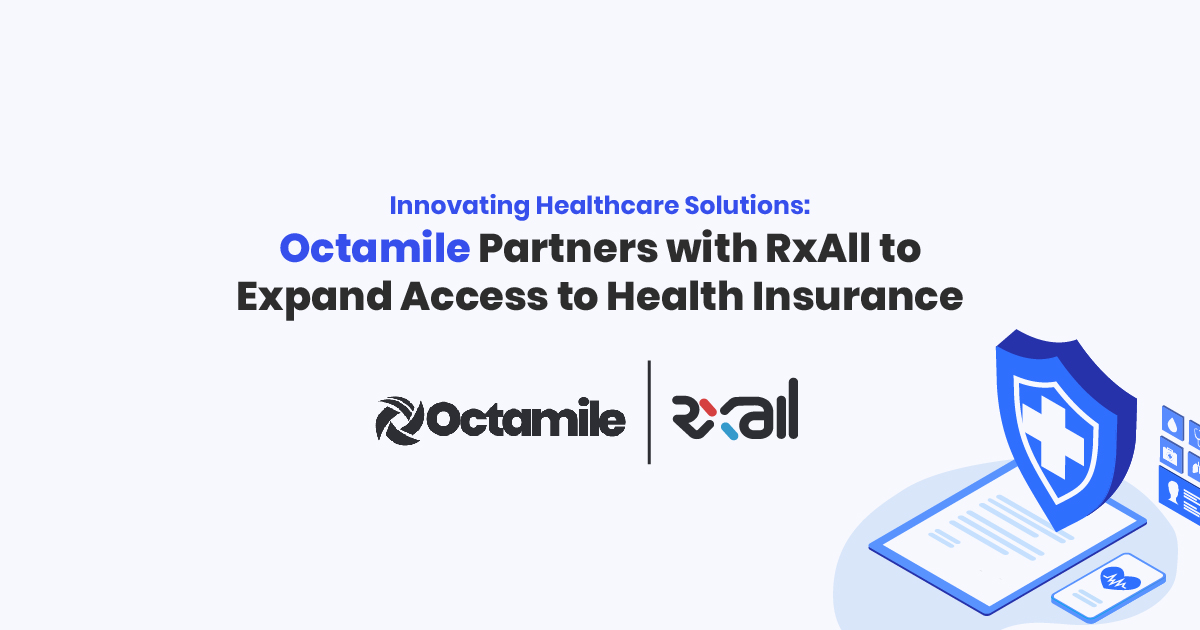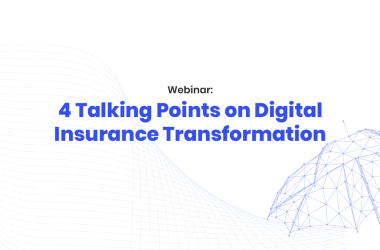Nothing less than the best should be given to our kids. It’s why every parent works so hard and spends so many hours crouched at their desks, standing or walking for long hours. We have to ensure that they are well provided for. Their education tops this list as it is their ladder to becoming independent. However, unforeseen circumstances and financial constraints can pose challenges. That’s where education insurance policies come into play.
These policies offer a safeguarding mechanism, providing parents with peace of mind and ensuring their children’s educational journey remains uninterrupted. Let’s delve into the details of child education insurance policies in Nigeria and understand how they can pave the way for a brighter future.
Education insurance is designed to provide financial assistance for a child’s education expenses, ensuring they receive the education they need to succeed. It is a reliable way to secure a fund that can fully cover all the expenses related to a child’s education, including tuition fees, textbooks, school supplies, and other associated costs.

What are the Benefits for Parents When Purchasing Education Insurance?
Tax Benefits:
In Nigeria, you can be eligible for tax exemptions. The payment you make for these policies can be eligible for tax exemption or deduction based on the laws and regulations of the country.
Policy Loans:
Some policies offer policyholders the option to take out loans using their policy’s cash value. This can be helpful if parents encounter unforeseen financial obstacles and require immediate funds for their child’s education.
Portability:
For Parents with Japa Plans, whether within or outside Nigeria, this feature ensures that the policy remains effective and that geographical changes do not affect the child’s education funding.
Grace period:
Insurance policies for children’s education usually come with a grace period. This is a specific window after the premium due date where the policy remains in effect even if the payment is delayed. This gives parents extra time if they cannot pay on time.
Death Benefits:
If the policyholder passes away, the policy will provide a death benefit to cover the child’s education expenses. This benefit may be a lump sum or regular payments based on the policy terms.
Premium waiver:
Some plans offer a premium waiver benefit to guarantee that the policy remains effective. If the policyholder passes away or becomes disabled, the insurance company will waive future premium payments. However, the policy will still provide the intended benefits to the child.

What are the Benefits of Education Insurance for your Child
Academic Support and Resources:
Education insurance policies offer valuable academic support and resources such as tutoring, mentorship programs, and access to educational materials. These services give your child the tools to overcome any challenges they may face, reach their full academic potential, and achieve their educational goals.
Educational opportunities:
One of the benefits of having education insurance is that it allows your child to pursue their educational goals and aspirations without worrying about financial limitations. With education insurance, your child has the freedom to select from a variety of educational institutions, programs, and courses that match their interests and skills.
Future Financial Stability:
Investing in education insurance lays the foundation for your child’s future financial stability. By providing them with a solid educational background, they are more likely to secure stable and well-paying careers, enabling them to live a comfortable and financially secure life.
What education level does it cover for your child?
Some policies cover specific levels of education, such as primary, secondary, or tertiary education. Others offer coverage for the entire educational journey, including university or college expenses.
Who is eligible, and what is the Entry Age for your child?
The minimum age for your children typically falls between 0 and 12 years old, and the maximum age for the policyholder(the parent or guardian ) often goes up to 60 years old. However, these age requirements and eligibility criteria can vary among insurance providers.
Can the policy be customised to suit your child’s needs?
Insurance companies often allow policyholders to customise their child’s education plan. You can choose how much you want to save, the specific amount the insurance policy is guaranteed to pay (sum assured), how long the plan would last (policy duration), and how often you want to pay (premium payment frequency). You can also add extra benefits like medical coverage or disability coverage.
What are the policy terms, and how does it relate to your child?
A child Education insurance policy is often created to align with the child’s education timeline. It begins when the policy starts until the child reaches a certain age or completes a specific level of education (e.g., university).
How can Parents/Guardians make payment for Education Insurance?
In this case, payment done by the parent is often called the premium. These payments are to be made regularly by the parents. This can be flexible or fixed based on the type of plan. Payment can be made regularly, every month, every three months, or every year. This money is used to build up a fund over time.
If something happens to the parents, the child will get the money to pay for school. If the parents are alive when the plan ends, they get the money back.
How does payout work?
The payout options for policies can differ depending on the specific policy. Sometimes a lump sum payout is given when the policy reaches maturity, while other policies offer periodic payouts to assist with ongoing education expenses. This flexibility enables parents to effectively plan and manage the funds for their child’s education needs.
How can parents/guardians access the money in an emergency?
A Request for money is called a claim. If you need to make a claim, you must inform your insurance company and provide the required documents, such as policy documents, proof of education expenses for your child, and any additional forms. The insurance company will then assess your claim and distribute the funds as necessary.
Education insurance policies in Nigeria play a crucial role in ensuring a bright future for children by removing financial barriers to education. These policies provide a dedicated fund for education expenses, protect against unforeseen events, and offer flexible payout options. With comprehensive coverage, parents can secure their children’s educational journey and give them the opportunities they deserve.
It is essential for parents to thoroughly review policy terms, seek professional guidance, and select a child education insurance policy that aligns with their financial goals and aspirations for their child’s education.
Octamile, the leading insurtech in its focus on simplifying access to insurance for businesses and consumers, has partnered with multiple insurance companies to enable access to customised quotes and advice, instant policy certification, quick claim payment and flexible payment structure.
Secure your child’s Future. Give them the gift of uninterrupted Education today. Get a Free consultation today.
Invest in their dreams today. Give them the gift of uninterrupted Education.










